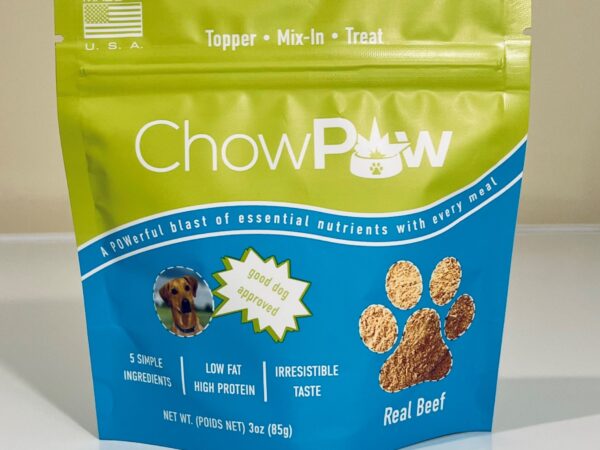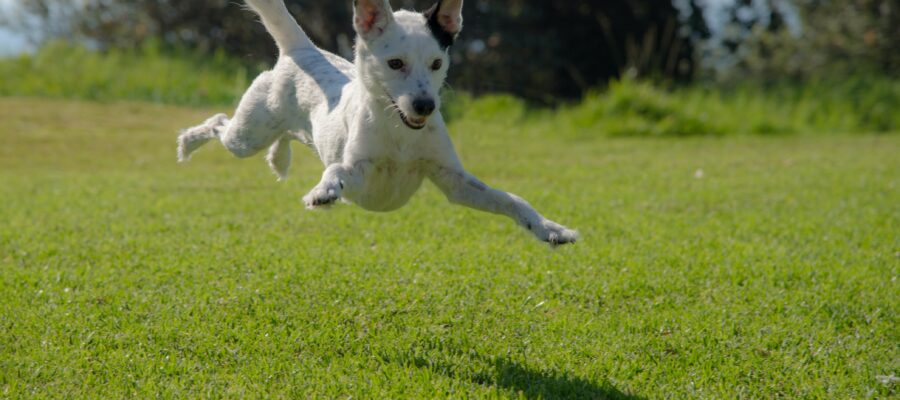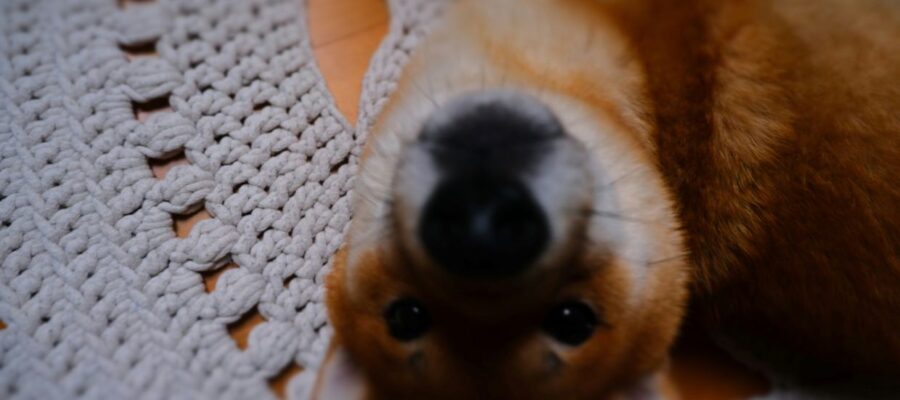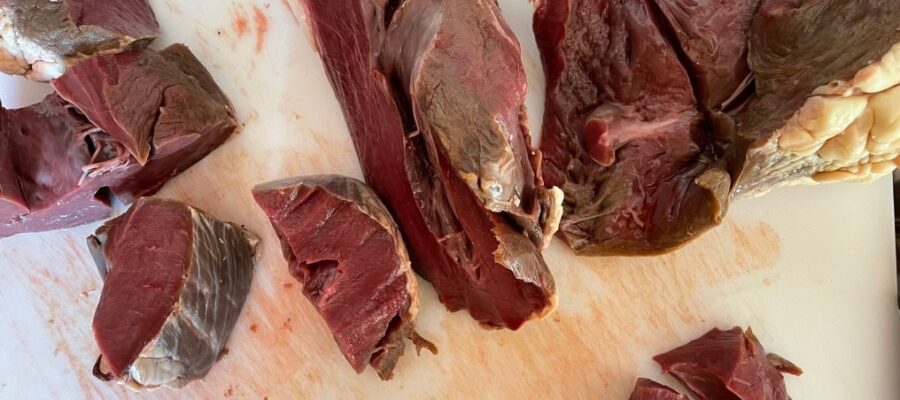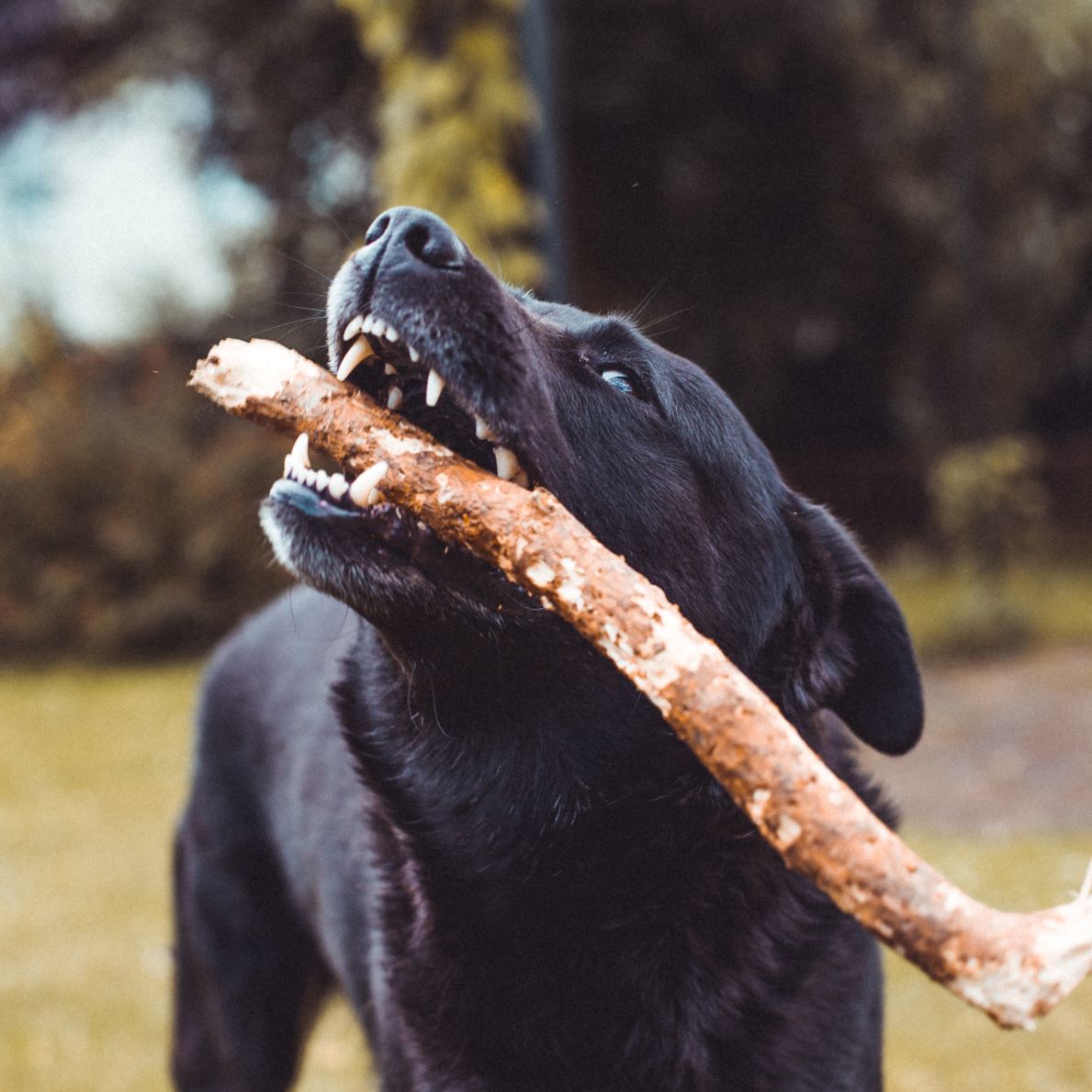
Wellness Wednesday: A Guide to Keeping Your Dog’s Teeth Clean!
Dental health is a crucial aspect of your dog’s overall well-being. A bright, clean smile not only adds to their charm but also contributes to their longevity. Here’s your comprehensive guide to ensuring your dog’s pearly whites stay in top-notch condition.
Start Early with Dental Care
- Introduction to Tooth Brushing: To keep your dog’s teeth clean, begin acclimating your pup to the idea of tooth brushing when they are still young. This helps establish a positive routine and reduces resistance in the future.
- Dog-Friendly Tools: Invest in a toothbrush and toothpaste specifically designed for dogs. Human products may contain ingredients that can be harmful to your furry friend.
Regular Brushing Routine
- Frequency: Aim to brush your dog’s teeth at least 2-3 times a week to maintain optimal oral health and keep their teeth clean.
- Technique: Use gentle circular motions, focusing on the outer surfaces of the teeth where plaque tends to accumulate.
- Consistency is Key: Establish a consistent schedule to make tooth brushing a regular part of your dog’s routine so their teeth stay clean.
Dental-Friendly Treats and Toys For Dogs
- Oral Health Treats: Explore dental treats for dogs that are approved by veterinary associations. These treats are formulated to promote oral health while providing a tasty reward.
- Chew Toys: Provide your dog with chew toys designed to reduce plaque and tartar buildup. Chewing also helps to keep your pup entertained.
Special Dental Diets Made For Dogs
- Formulated for Dental Health: Consider incorporating specially formulated dental diets into your dog’s routine. These diets are crafted to contribute to cleaner teeth and fresher breath.
- Consult with Your Vet: Consult with your veterinarian to determine the best dietary options based on your dog’s individual needs.
Regular Vet Check-ups
- Professional Assessment: Schedule regular dental check-ups with your veterinarian. Professional cleanings may be necessary to address stubborn tartar and ensure overall dental health.
Water Additives and Oral Rinses
- Dental Water Additives: Add dental water additives to your dog’s drinking water. These can help fight bacteria and reduce plaque.
- Oral Rinses and Gels: Some dogs may tolerate dental rinses or gels applied directly to their teeth for an extra layer of protection.
Monitor for Signs of Dental Issues In Your Dog
- Signs to Watch For: Be vigilant for signs of dental problems such as bad breath, swollen gums, or difficulty eating.
- Early Intervention: Address any concerns promptly to prevent the progression of dental issues.
DIY Dog Dental Exams
- Regular Examination: Lift your dog’s lips regularly and examine their teeth and gums.
- Detecting Abnormalities: Look for signs of redness, swelling, or abnormalities. Any changes should be discussed with your vet.
Professional Dental Cleanings For Dogs
- Vet-Recommended Cleanings: When recommended by your vet, opt for professional dental cleanings to address more significant plaque and tartar buildup.
- Ensuring Comprehensive Care: Professional cleanings ensure a thorough cleaning and examination of your dog’s oral health.
Patience and Positive Reinforcement
- Positive Experience: Be patient during dental care routines and use positive reinforcement.
- Rewarding Good Behavior: Make tooth brushing a positive experience by rewarding your pup with praise or treats.
A radiant smile is not just a cosmetic delight but a reflection of your dog’s overall health. By incorporating these dental care practices into your routine, you’re not only ensuring a cleaner, healthier mouth but also contributing to your canine companion’s lasting well-being. Keep those tails wagging and those teeth shining!

